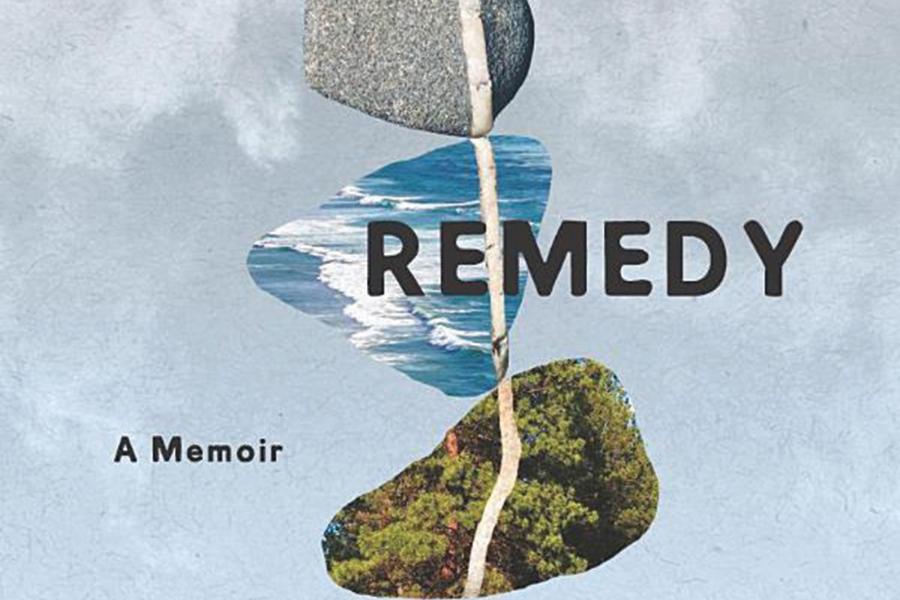For many Americans, one of the most tragic aspects of the pandemic was that they couldn't say goodbye to dying loved ones. As Nicole Chung, A&S '03, '14 (MA), recounts in her second memoir, A Living Remedy (2023, Ecco Books), this experience of literal distance was compounded by and intertwined with a lifelong sense of being at a metaphorical remove from the loving couple who adopted her.
Chung's story—which begins in her first memoir, All You Can Ever Know (2018, Catapult), as she examines her efforts to reconnect with her birth family, who were Korean immigrants—revolves around not only identity and loss but money and class. As her parents somehow make ends meet despite relatively low-income jobs and spotty work histories, Chung struggles with feeling out of place and bullied as an Asian adoptee in an all-white school in small-town Oregon. While she's in high school, her mother is diagnosed with cancer and, lacking medical insurance, the household moves from living paycheck to paycheck to emergency to emergency.
"What had seemed like stability proved to be a flimsy, shallow facsimile of it," she writes. College beckons. "It would be simpler, less discomfiting to embrace the notion that luck and drive, the desire to get an education and help my family, were the only factors in my flight," Chung unsparingly writes of her guilt at leaving her family.
But fly away she does. Benefiting from the gift of breathing room and a liberal education, Chung begins to consider more closely her isolation from her Korean roots and the realities of her adoption. She marries, attends graduate school, and gives birth to two children, seldom seeing her parents, even when her father dies from kidney failure, since financial constraints keep everyone apart. When her mother's cancer returns with a vengeance, COVID-19 prevents Chung—once again—from being there.
"I'm grateful that [Mom] doesn't blame me for wanting to protect her and my children," she writes toward the conclusion. "But I already know what it is to blame myself for distance." There's no happy ending, but Chung's elegiac tone—gratitude and love toward both parents pulse throughout the book—and nonsentimental language carry the gentlest traces of a smile.
Posted in Voices+Opinion








